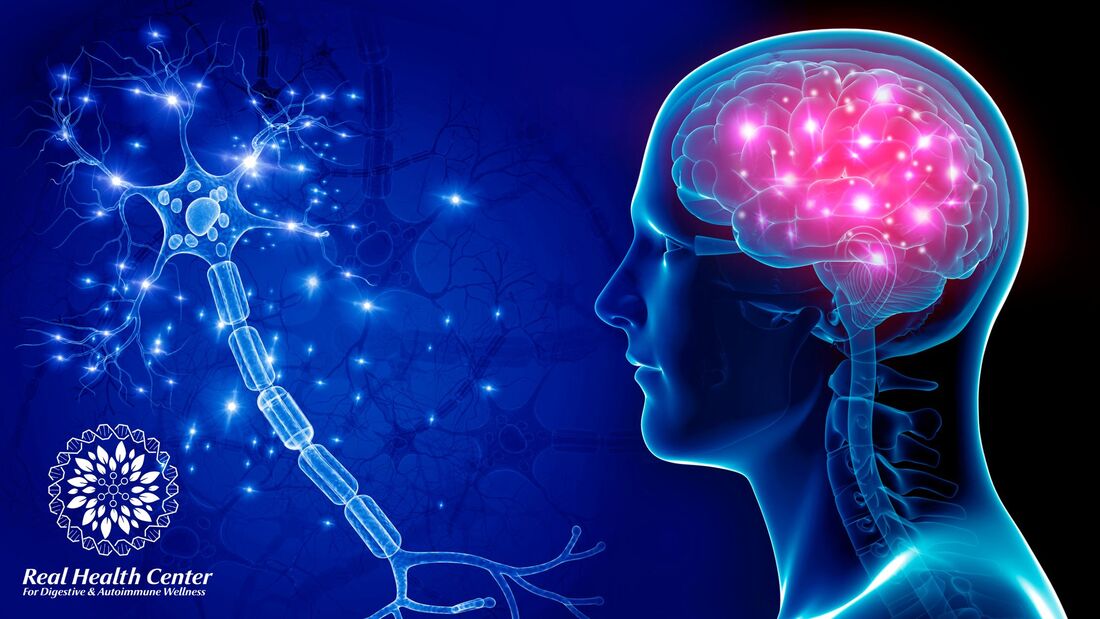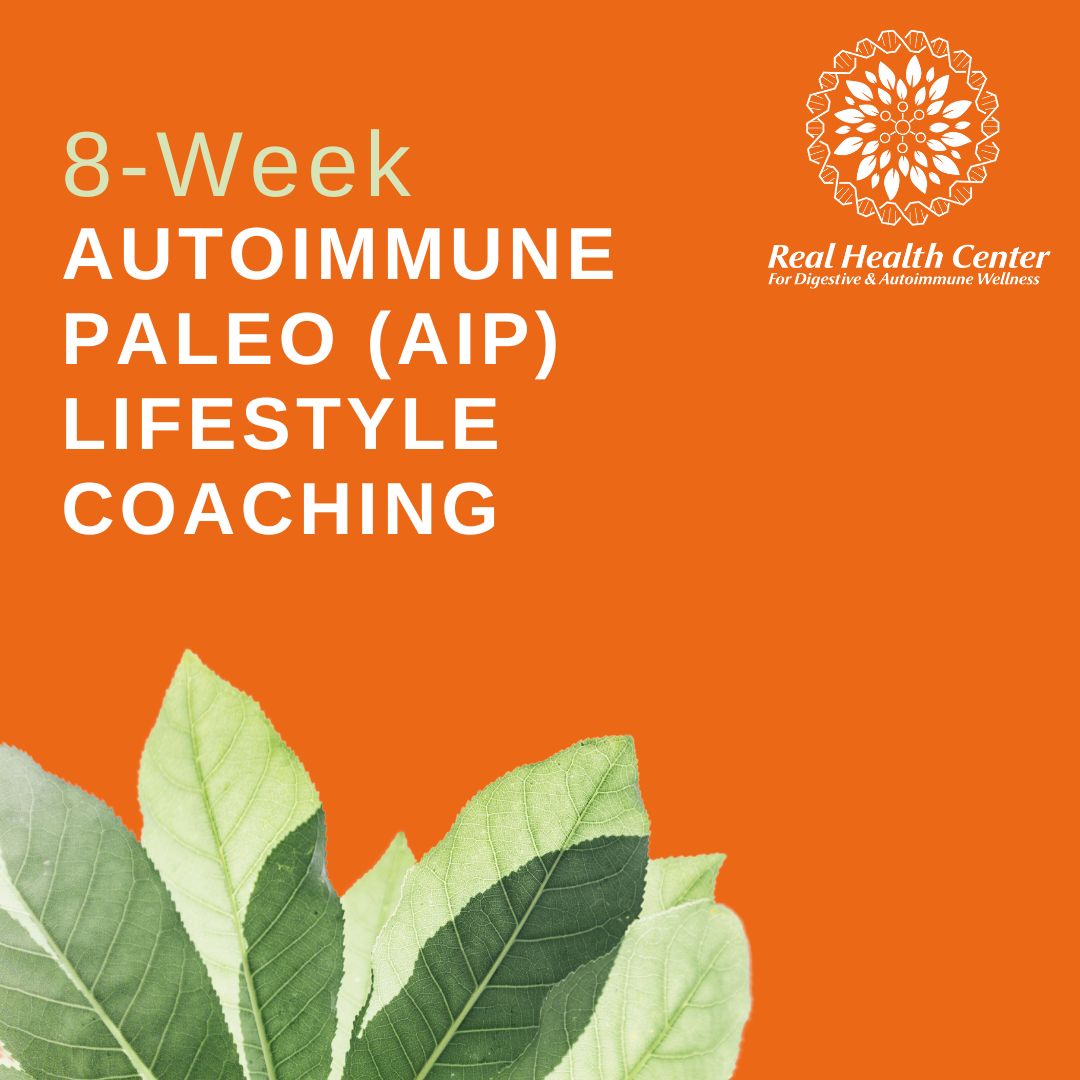|
In recent years, the exploration of the gut-brain connection has captivated researchers and health professionals alike. As a Certified Functional Medicine Practitioner and Functional Nutrition Counsellor, I understand the significance of this emerging field and its profound implications for mental health. Let's delve into the intricate relationship between your gut health and your mental well-being, shedding light on how disruptions in gut health, including bacterial overgrowth, can influence your neurological health.
The Gut-Brain Axis: A Remarkable Connection Imagine your gut as a second brain, one that communicates with your primary brain via a sophisticated network known as the gut-brain axis. This axis enables constant dialogue between your intestinal system and your central nervous system. At the heart of this connection lies the gut microbiome—the intricate community of trillions of microorganisms residing in your gastrointestinal tract. Bacterial Overgrowth and Neurotransmitter Harmony Bacterial overgrowth in the small intestine can disrupt the harmony of the gut microbiome, potentially triggering a cascade of effects that extend to the brain. One fascinating aspect is the potential influence on neurotransmitter production and communication. Neurotransmitters are the chemical messengers that regulate mood, emotions, and cognitive functions. For instance, the majority of serotonin—often referred to as the "feel-good" neurotransmitter—is actually produced in the gut. Disruptions in gut health can impact serotonin synthesis, potentially contributing to mood disorders like anxiety and depression. Similarly, disruptions can affect the production of other neurotransmitters such as dopamine and gamma-aminobutyric acid (GABA), which play crucial roles in emotional regulation and mental clarity. The Anxiety and Depression Connection Anxiety and depression are complex conditions influenced by various factors, including genetics, environment, and lifestyle. However, the role of the gut microbiome and its impact on the gut-brain axis should not be underestimated. Research suggests that imbalances in gut bacteria could lead to increased permeability of the gut lining, potentially allowing harmful substances to enter the bloodstream. This phenomenon, known as "leaky gut," might trigger inflammation and immune responses that can affect brain function and mood regulation. Moreover, certain gut bacteria have been associated with the production of metabolites that can influence brain health. For instance, some bacteria can produce short-chain fatty acids (SCFAs) that have anti-inflammatory and neuroprotective effects. An imbalance in these beneficial bacteria could impact the levels of these neuroprotective compounds, potentially contributing to neurological and mental health issues. Nurturing Your Gut for Mental Well-Being Understanding the gut-brain connection empowers us to adopt strategies that promote both digestive and mental health. As a Functional Nutrition Counsellor, I advocate for a holistic approach that includes: Balanced Diet: Emphasize whole foods rich in fiber, antioxidants, and prebiotics to nourish your gut microbiome. Probiotics: Incorporate fermented foods and high-quality probiotic supplements to support the growth of beneficial gut bacteria. Stress Management: Chronic stress can impact the gut-brain axis. Practices like mindfulness, yoga, and meditation can be invaluable. Regular Physical Activity: Exercise has been linked to positive changes in gut bacteria composition and improved mental well-being. Adequate Sleep: Prioritize quality sleep, as it plays a vital role in maintaining gut health and cognitive function. Remember, personalized guidance is essential. Each individual's gut microbiome is unique, and an approach tailored to your specific needs and health profile can yield the best results. In conclusion, the gut-brain connection is an intricate and dynamic relationship that underscores the importance of holistic health. By nurturing your gut, you're not only supporting your digestive well-being but also promoting a positive impact on your mental health and emotional equilibrium. If you're seeking a deeper understanding of how your gut health influences your overall vitality, I'm here to guide you on your journey to well-being. Your initial consultation is free and you can request it by clicking the button below:
0 Comments
|
AuthorAyesha Syed, AFMC is a Certified Functional Medicine Practitioner and a Certified Functional Nutrition Counsellor. At the Real Health Center, she helps you manage Autoimmune Health and Digestive/GI Health applying functional medicine principles and testing if needed, nutritional counseling, lifestyle, and complementary therapies designed to support your overall health and balance. Archives
July 2024
Categories
All
|



 RSS Feed
RSS Feed

